Leadership and decision making is a constant and critical balance. Leaders are faced with choices that have the power to shape the trajectory of their organizations and teams. However, it's important to recognize that leaders rarely have access to 100 percent of the data needed to make a decision. In this post, we will explore the art of decision making in leadership, emphasizing the significance of trusted advisors and the role of values and culture in driving effective decisions.
Embracing Imperfect Information: Leaders must come to terms with the fact that they will never have all the information they desire to make a decision. In a dynamic and rapidly changing world, data is often incomplete, ambiguous, or conflicting. Waiting indefinitely for perfect information can lead to missed opportunities or stagnation. Instead, effective leaders embrace the reality of imperfect information and are adept at making sound judgments based on the available insights.
Trusted Advisors: Leaders must build a network of trusted advisors. These advisors bring diverse perspectives, expertise, and insights that can help fill knowledge gaps and provide a well-rounded understanding of the situation. Engaging in open dialogue and actively seeking input from trusted advisors encourages critical thinking and mitigates the risks associated with incomplete information. A collaborative approach to decision making enhances the quality and effectiveness.
Use Values and Culture As a Guide: A strong sense of values and a well-defined organizational culture serve as guiding principles for leaders when making decisions. Values define what is important to an organization, its employees, and stakeholders. They act as a compass, helping leaders navigate complex choices and align decisions with the organization's purpose and long-term vision. By leveraging values and culture, leaders can make decisions that not only serve immediate needs but also foster a sense of integrity, trust, and sustainability.
A Good Gut Is Crucial: While data and analysis are vital decision-making tools, leaders must also recognize the value of intuition. Gut feelings and instincts are honed over time and can provide valuable insights when faced with uncertainty. Combining logical analysis with intuitive judgment allows leaders to consider both quantitative and qualitative factors, resulting in more well-rounded decisions.
Leadership is a continuous journey of decision making in the face of imperfect information. By embracing the reality of incomplete data, relying on trusted advisors, using values and culture as guiding principles, and intuition leaders can navigate uncertainty and drive effective decision making. Remember, leadership is not about having all the answers, but rather about making thoughtful choices that align with the organization's mission, vision, and values, ultimately leading to long-term success.
“Businesses wonder why it is still hard to be thought of as the brand of choice with the best customers and top employees. How can our business make more profitable transactions and stay out of the commodity battle with low profits? How can we land and keep top talent in our organization with the salary wars. Kevin teaches your sales and leadership teams how to build the key ingredient to be successful with their relationships and take your goals to the next level with high levels of engagement.
Kevin’s website: www.kevinsidebottom.com
Kevin’s email: kevin@kevinsidebottom.com
The Sales Process Online Membership Site
https://www.kevinsidebottom.com/pricing-page
The Sales Process Uncovered Book
https://www.amazon.com/Sales-Process-Uncovered-Success-Influence/dp/0578421518/ref=sr_1_1?crid=8XUM4QL2RC6M&keywords=the+sales+process+uncovered&qid=1673274567&sprefix=the+sales+process+uncovered%2Caps%2C90&sr=8-1

